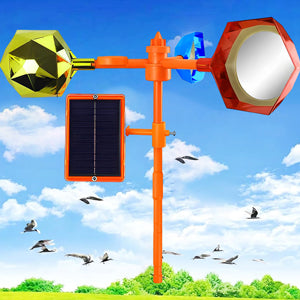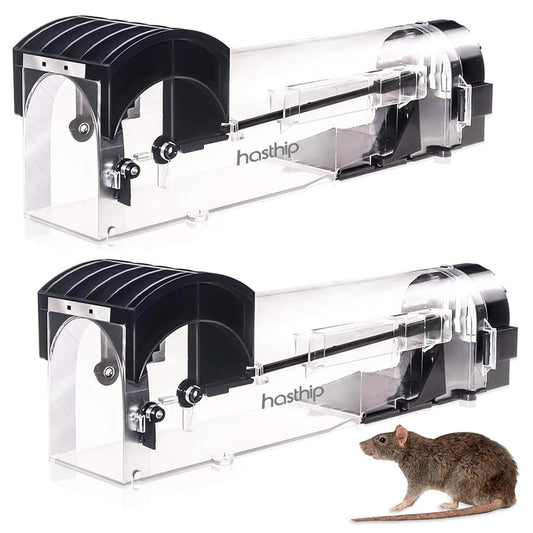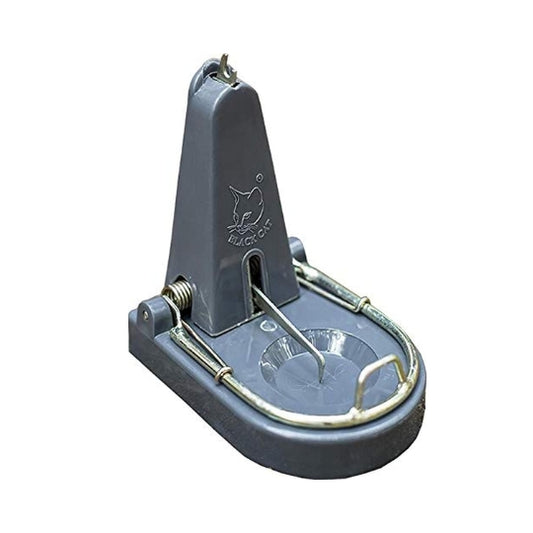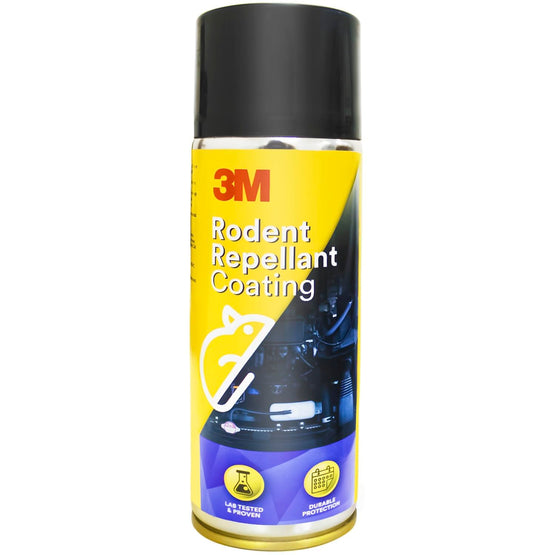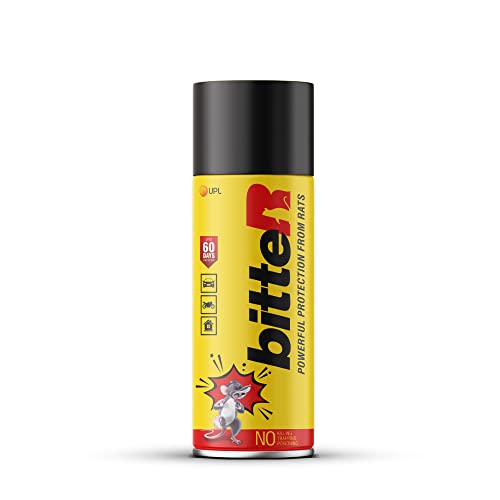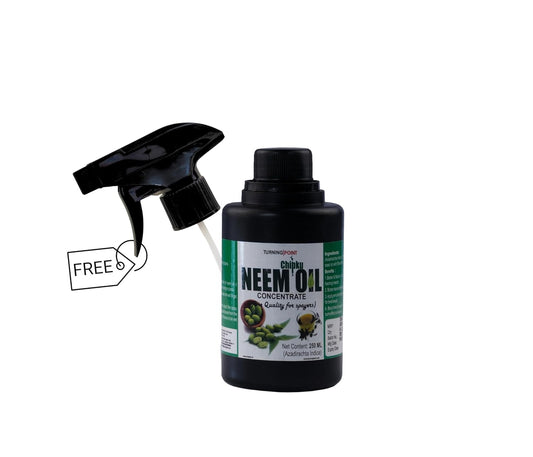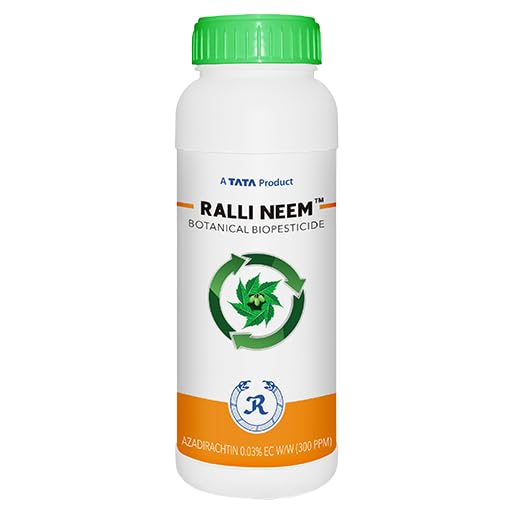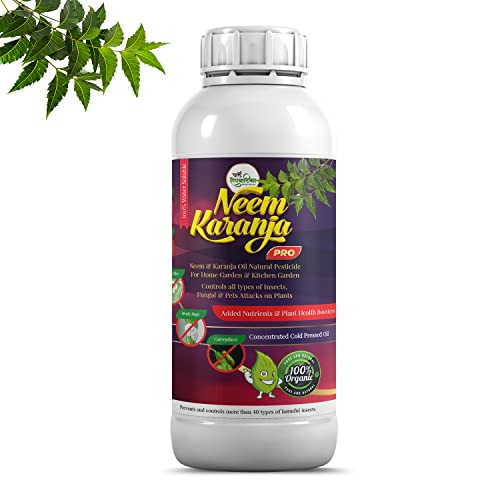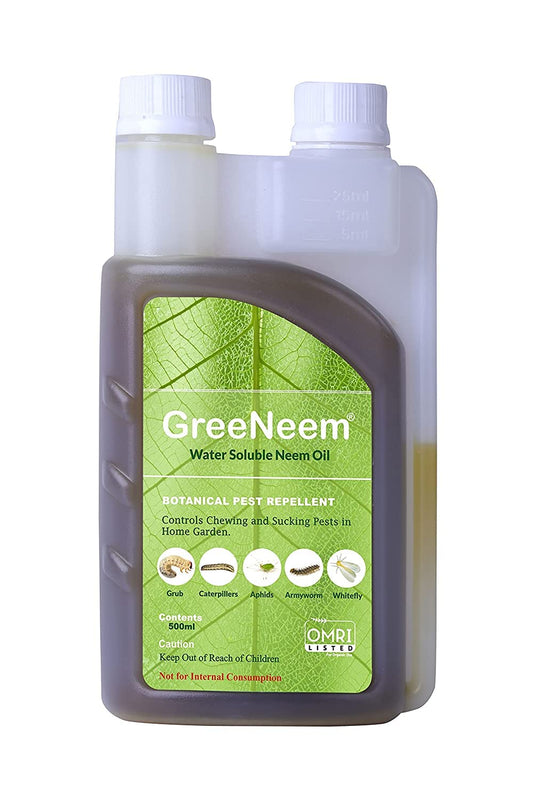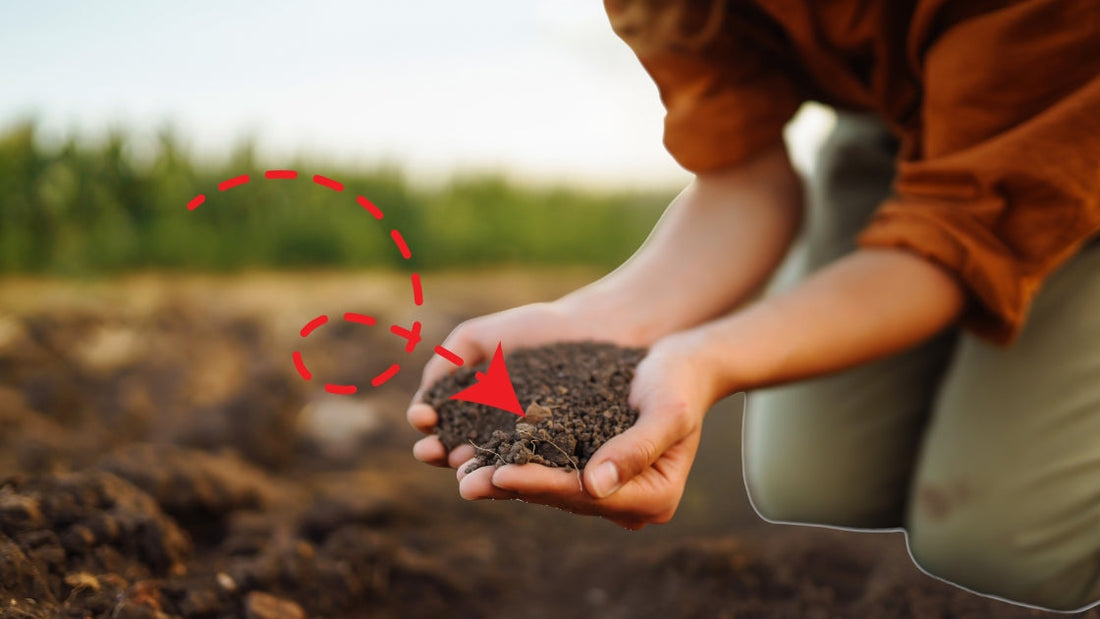
Taking Care of Our Soil: The Key to Good Farming
Share
Even though we hear about new ways of farming without soil, like "soil-less farming" or "hydroponics", the importance of our traditional soil (mitti) hasn't gone down one bit, and it never will. Our soil isn't just something that holds up plants; it's a living system. It's home to billions of tiny living things (microbes) and many important nutrients.
For the past few years, we've used too much chemical fertilizer, grown too many "high-yielding varieties" (crops that give a lot of produce) in the wrong way, and planted crops one after another without a break. Because of this, our soil has lost a lot of its nutrients and "organic carbon" (the natural good stuff in soil).
The balance of important nutrients like Nitrogen, Phosphorus, Potassium, and Calcium is completely messed up. When organic carbon goes down, the tiny living things in the soil (microbial life), which are very important for healthy soil, die out.
Simply put, our soil has lost its natural strength in terms of its physical (how it feels), chemical (its nutrient balance), and biological (the living things in it) qualities. This means it can't support crops and give them the food they need like it used to. This "dead" soil is breaking the backbone of our farming.
How to Bring Our Soil Back to Life
To bring this "dead" soil back to life, we need to manage it in a new, active, and sustainable way. The most important thing is to stop misusing our land. For this, the following things are very important. These are not just temporary fixes, but long-term solutions:
-
Change Crops (Crop Rotation): Don't grow the same crop again and again. Changing crops helps keep the soil fertile and reduces pests and diseases. For example, "legumes" (like dal crops) add nitrogen to the soil, while some crops bring up deep nutrients. This keeps the soil balanced and prevents it from getting "tired."
-
Choose Good Seeds (Quality Seeds): Instead of only looking for high production, choose seeds that give good quality, are resistant to diseases, and suit your local area, even if the yield is slightly less. Using "local varieties" (desi vaad) and improved varieties in the right way reduces our dependence on chemical fertilizers and puts less stress on the soil.
-
Use Fertilizers Based on Soil Test (Soil Test Based Fertilization): It's very important to test your soil and then use a balanced amount of chemical and organic fertilizers according to the soil's needs. Avoiding unnecessary and extra fertilizers improves soil health and lowers farming costs. Soil testing tells you exactly which nutrients are missing, so you can decide how much fertilizer to use.
-
Plow Green Crops Back into the Soil (Green Manuring): To increase soil fertility, grow "green manure" crops (like Dhaincha, Sunn Hemp, Moong, Cowpea) and then plow them back into the soil before they flower. This increases organic carbon, improves the soil's ability to hold water, and helps improve the "soil texture" (how fine or coarse the soil is).
-
Use Organic Fertilizers (Application of Organic Manures): Regularly using well-rotted "farmyard manure" (shendkhad), "city compost", "vermicompost" (gandul khad), and "bone meal" will increase the organic carbon in the soil every season. Organic fertilizers provide food for the tiny living things in the soil, which increases soil activity and makes nutrients more available.
-
Use Water Wisely (Efficient Water Management): Too much irrigation can wash away nutrients and make the soil salty. Using modern methods like "drip irrigation" and "sprinkler irrigation" helps use water efficiently. This saves water and keeps the soil healthy.
-
Stop Soil Erosion (Erosion Control): To stop soil from being carried away by wind or water, use methods like "contour farming" (plowing across slopes), "bunding" (making small walls), "mulching" (covering the soil), and planting suitable trees. Stopping soil erosion saves the nutrients in the soil from being washed away.
If we don't take these steps, in the future, we might have to switch to farming without soil, which is very expensive. This will make farming even more difficult financially. Traditional and sustainable farming is the only way to secure the future of our farmers. In the next parts of this series, we will talk more about each of these topics in detail.
क्या आपके पौधों की बढ़ोतरी रुक गई है और फूल नहीं आ रहे हैं?
पोषक तत्वों की कमी के कारण क्या आपके पौधे बीमारियों की चपेट में आ रहे हैं? टाटा रॅलिगोल्ड आपके पौधों को एक मजबूत और फैली हुई जड़ प्रणाली (Root System) विकसित करने में मदद करता है, जिससे निम्नलिखित लाभ मिलते हैं:
- 🌱 अधिक पोषक तत्व और पानी की उपलब्धता
- 💧 सूखे को सहन करने की क्षमता बढ़ाता है
- 💪 पौधों का स्वास्थ्य और ताकत बढ़ाता है
- 🌸 अधिक आकर्षक फूल और हरे-भरे पत्ते
आज ही टाटा रॅलिगोल्ड का उपयोग करके अपनी खेती को नई जान दें!
अभी खरीदें!Soil and Crop Management: They Go Hand in Hand
Farmer friends, it's very important to understand that "soil management" and "crop management" are not separate; they are closely linked. For many years, we have been weakening our soil with every season. And today, this soil is on the verge of being dead. We can't save it by stopping farming. Instead, with every season, we need to give our land a new life. This is definitely possible with the methods mentioned above. Keeping the soil healthy is not just about getting good produce; it's also about leaving fertile land for our future generations.
In the next part of this article, we will discuss how to actively choose crops, understand market demand, and get the most financial benefit from your farm. Please tell us how you liked this article in the comments. Your feedback will encourage us. Please share this article with your other farmer friends. Thank you!
```








